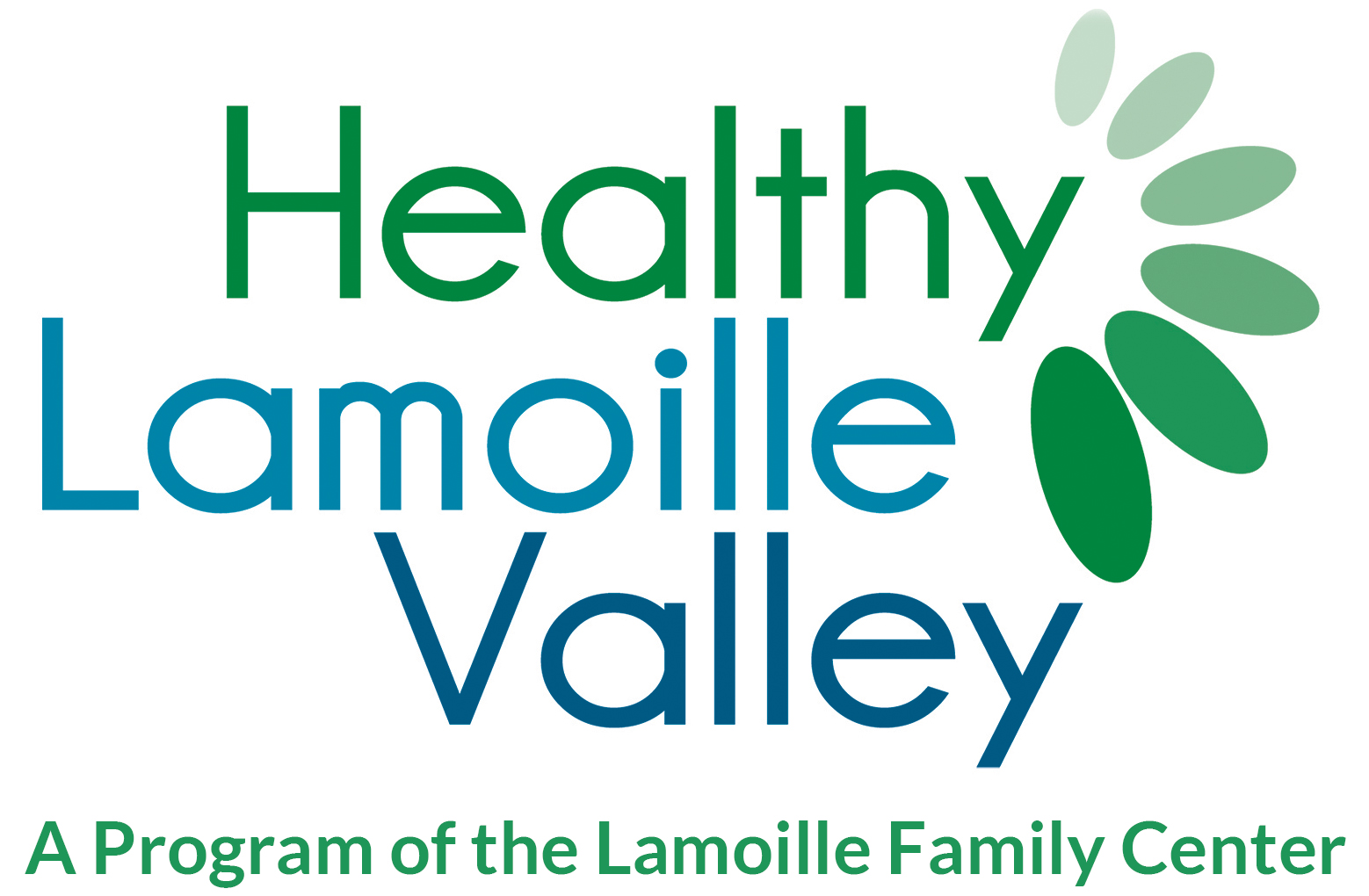Information for Parents and Caregivers
We work together with parents and caregivers to support youth in making healthy decisions and creating an environment where they can thrive and feel valued and connected. When adults communicate the risks of substance use and set clear expectations, youth are less likely to misuse substances. Youth often follow the behaviors they see adults modeling.
On our website you will find:
